August 2013
At 11 years old, I sit anxiously in the waiting room at Children’s Hospital of Philadelphia, waiting for the doctor to come back into the room. I don’t really know what is going on besides the nurses performing the normal check up on me. Though oddly enough, the doctor asks abnormal questions about my sleeping patterns, the number of times I go to the bathroom a day and how much I’ve been eating.
Finally, the doctor comes back into the room and looks at my parents and me with a serious look. She sits down and talks about how my A1C, a type of blood test that monitors blood sugar, was higher than normal and that my health wasn’t normal for a girl my age.
And then she broke the unexpected news to me. I have Type 1 diabetes.
March 2014
I enter my room, hot tears streaming down my cheeks as I slam my door shut. It has been six months since I found out I have diabetes and every day I blame myself for it. I grab my pink stuffed animal, Marcy, and hold her against my chest as another round of tears begins to fall.
What did I do to deserve this? Did I do something that the universe is punishing me by giving me this?
I hate missing five minutes of class to go to the nurse to check my blood sugar or spending the first half of recess counting my carbohydrates to figure out how many units of insulin I have to inject. Especially when I have to prick my finger before every meal. This is not how I imagined my life to be.
September 2018
I wake up early in the morning, feeling lightheaded and shivering.
Not again.
I roll out of bed and walk into the kitchen, grab my glucometer and check my sugar. After five seconds, two numbers show up on the screen.
58.
No wonder I’m not feeling myself. I have low blood sugar. I grab myself a cup of orange juice and begin to drink it. Seconds later, the shivering subsides and I start to feel like myself again. I take a deep breath and place my orange juice on the table.
My mind wanders back to the events of last night where my friend and I got into a fight over something incredibly foolish. I can’t even recall what it was about, but I know it was enough to stress me out. And when I’m stressed it sometimes leads to low blood sugar.
These are the questions I am bombarded with every time I have low blood sugar.
“Are you alright? You look really pale.”
“You’re shaking. Are you cold?”
“You look so tired.”
I just had low blood sugar. But I’m fine now.
The questions irritate me to no end because they make me feel like a fragile porcelain doll which could fall apart any second. But I realized it wasn’t because of that, it was only because the people who ask me these questions are worried about my wellbeing.
Finally, after a long time of loathing diabetes, I realize it doesn’t define who I am as a person. It never has. I’m still the girl I once was before I got diagnosed and it’s not a burden, it’s just another part of who I am.

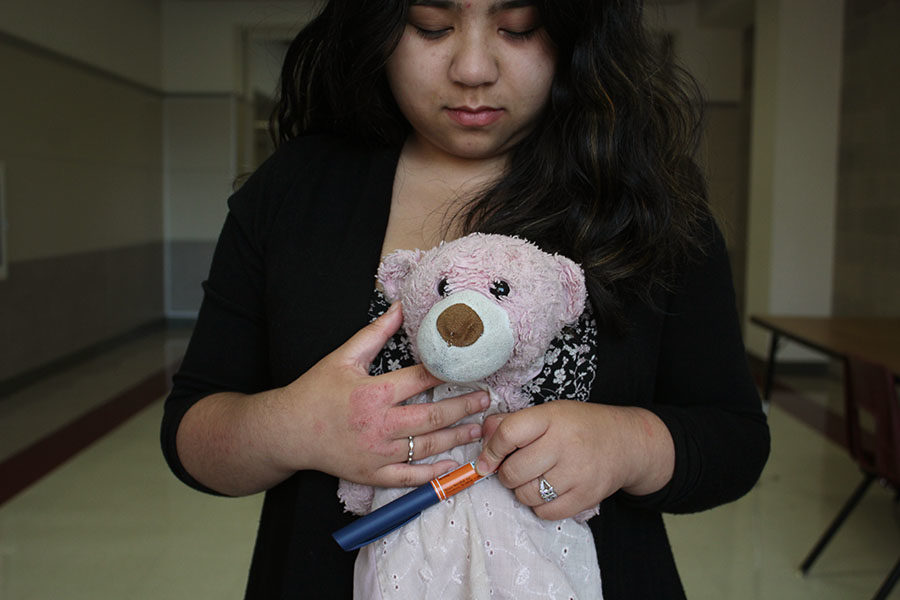

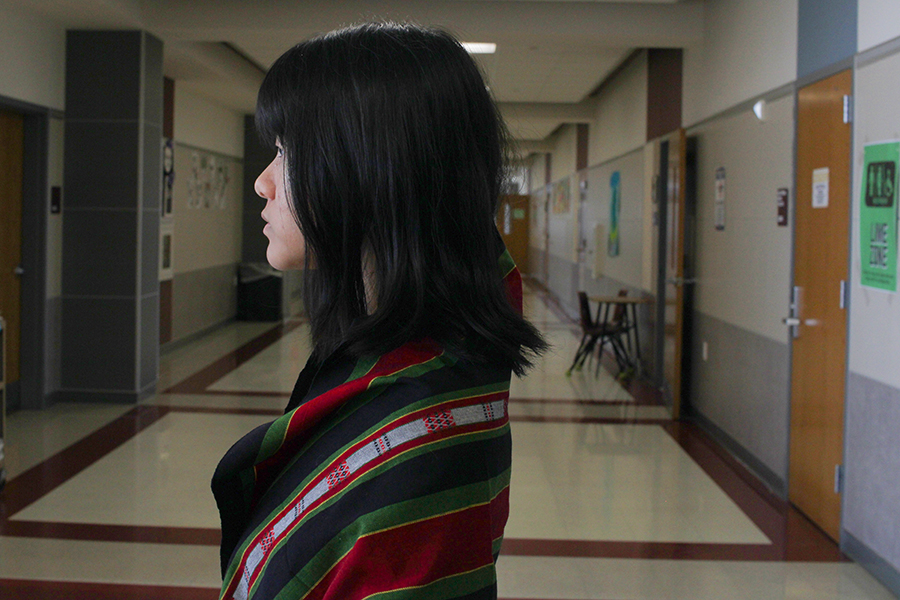
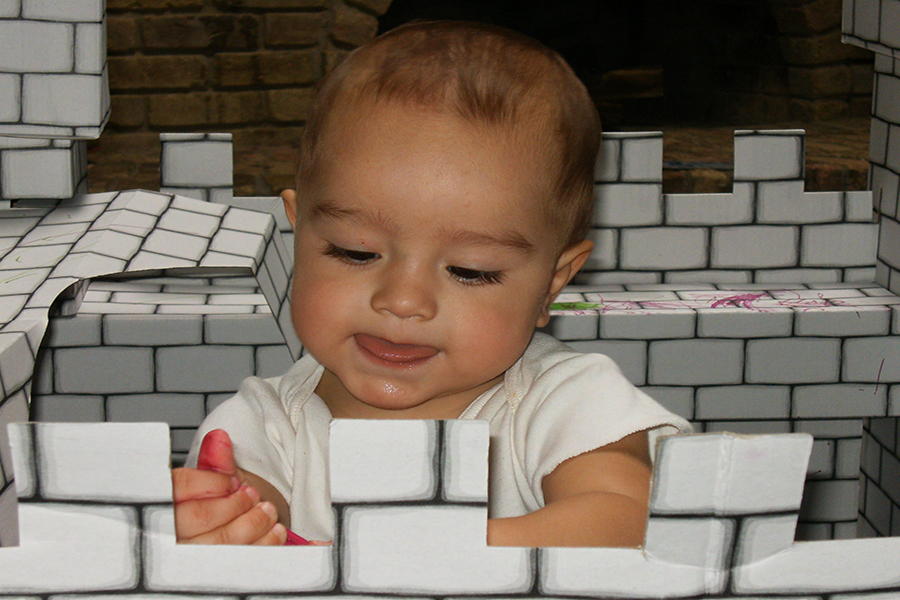
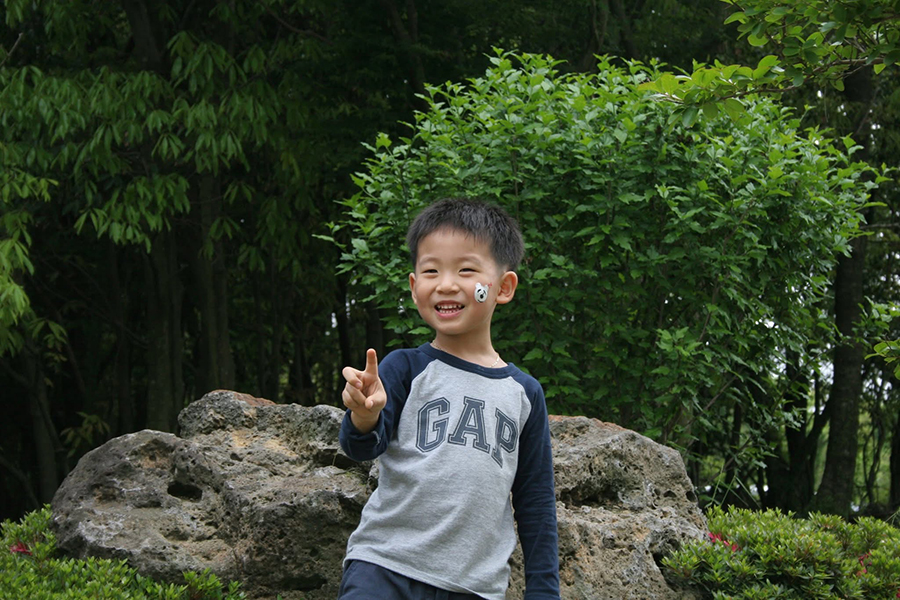

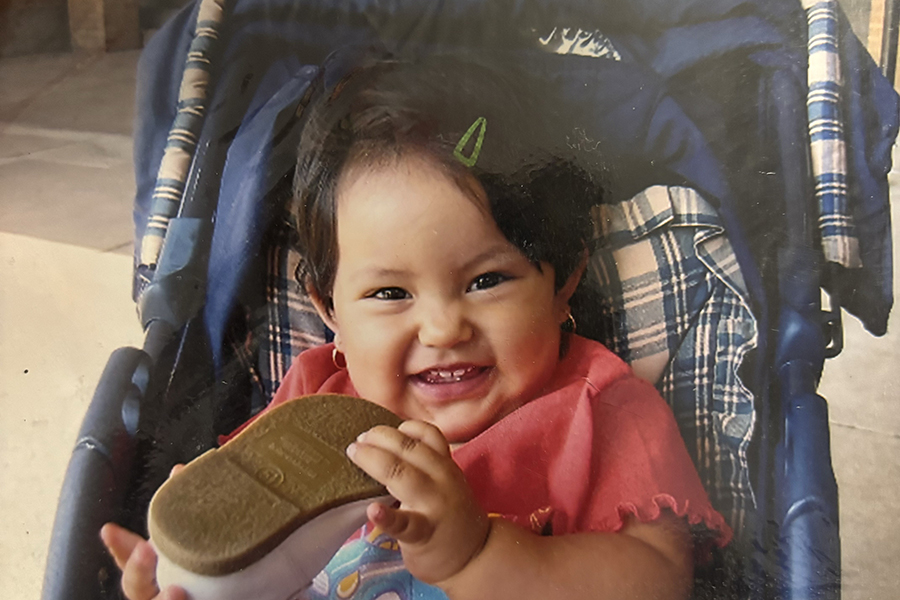
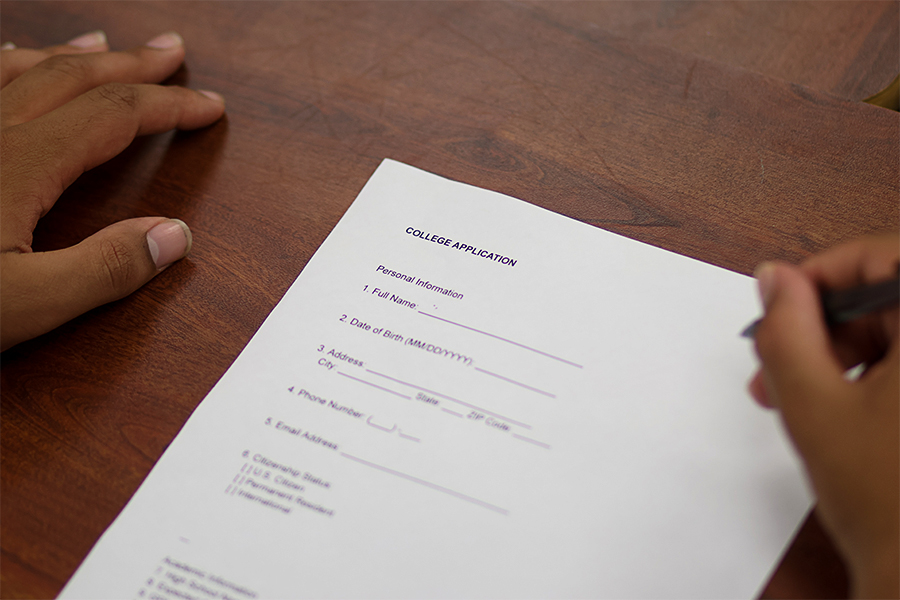
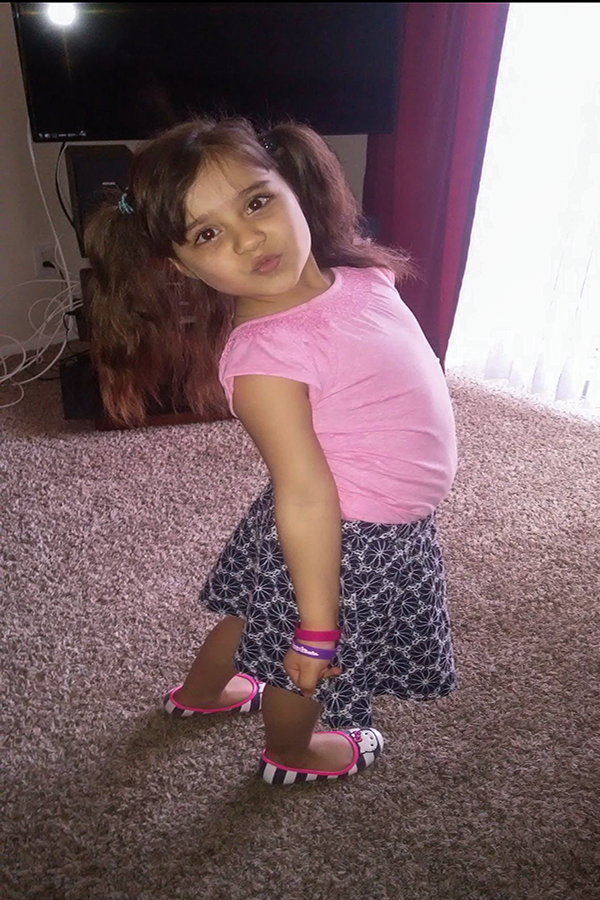
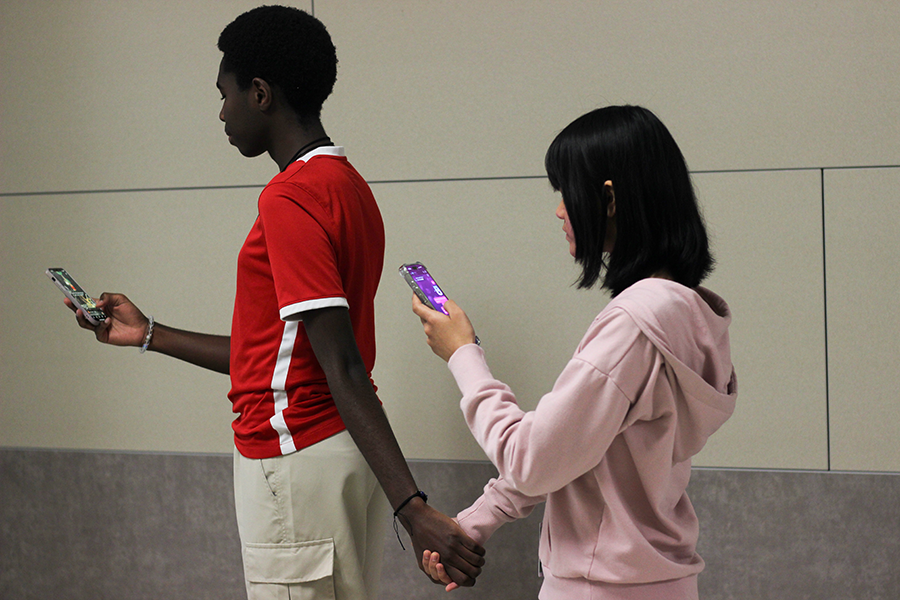
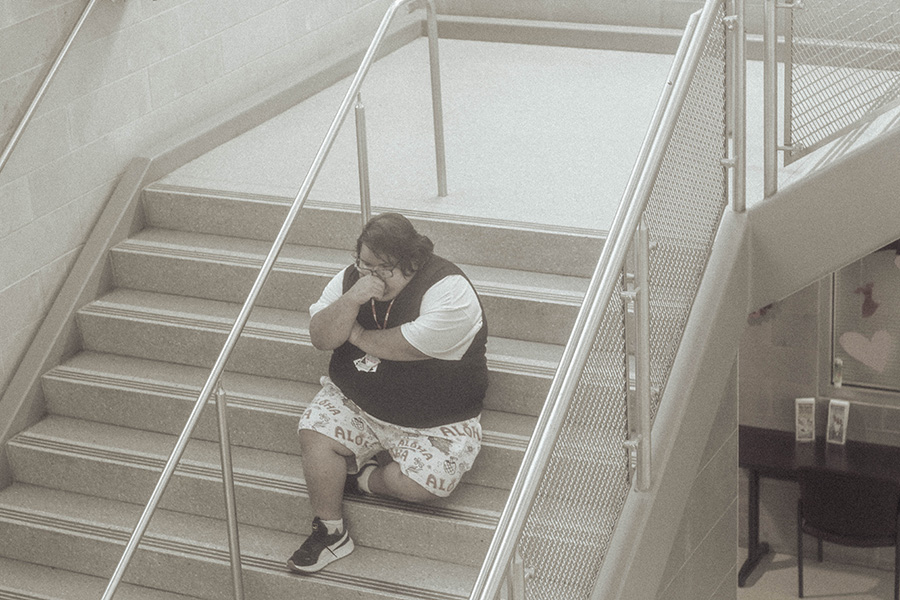
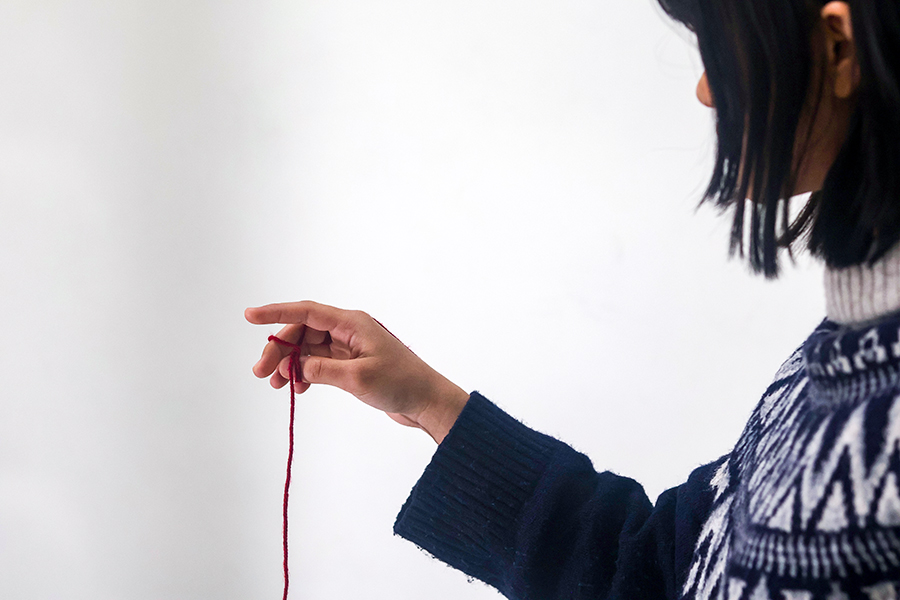
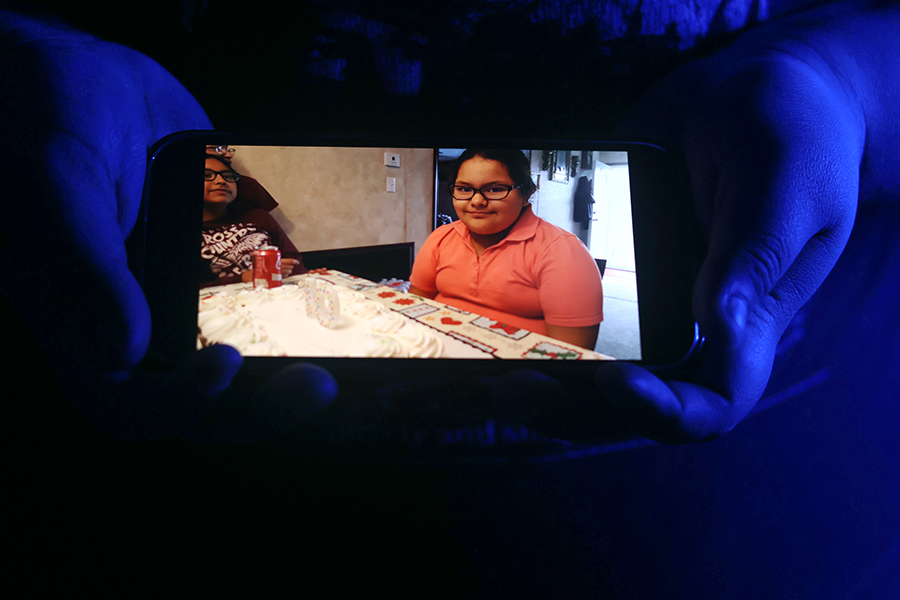
!["I hope to become fond [of] and understand the new dynamic of a life where I don't really have boundaries set by another person, but rather more of a liberal freedom."](https://farhar.net/wp-content/uploads/2025/05/topten9.jpg)

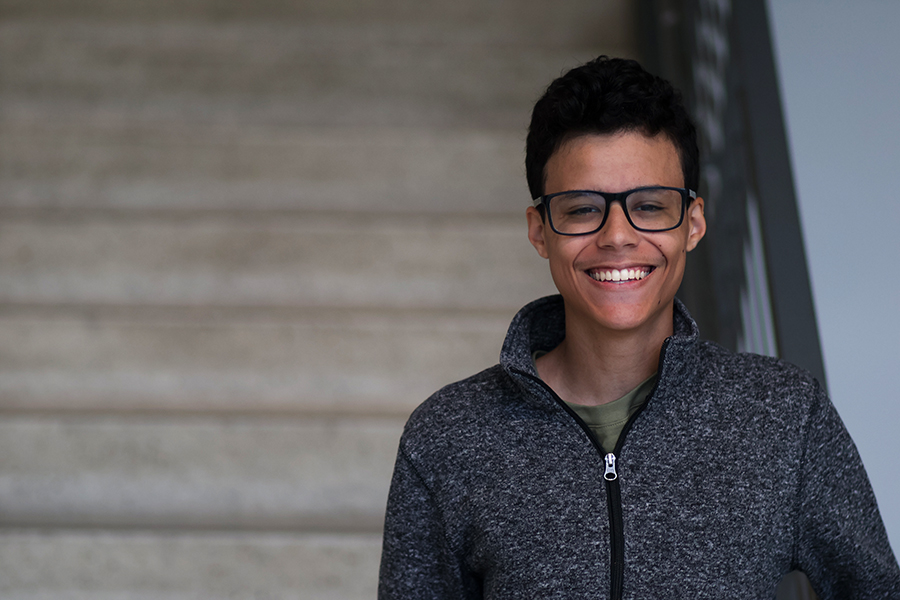
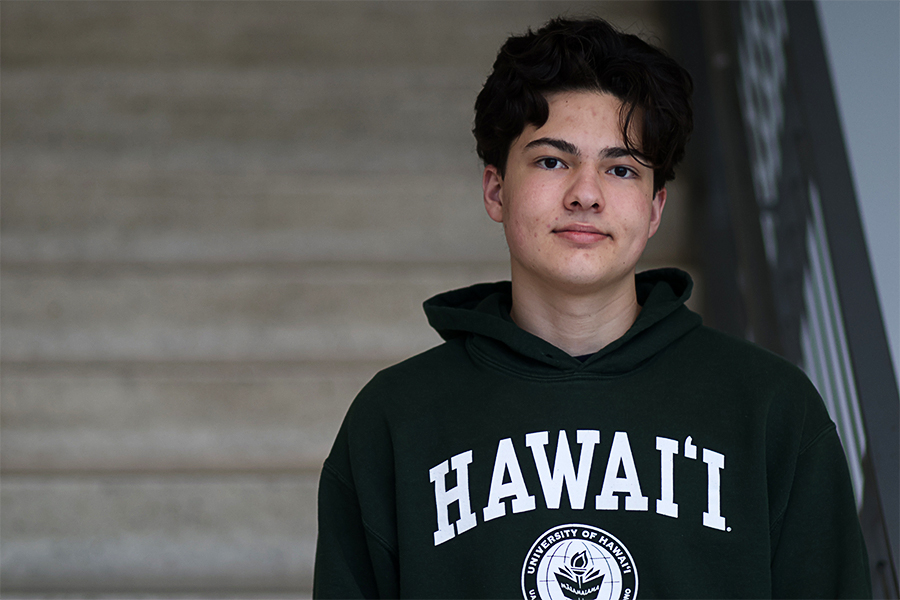
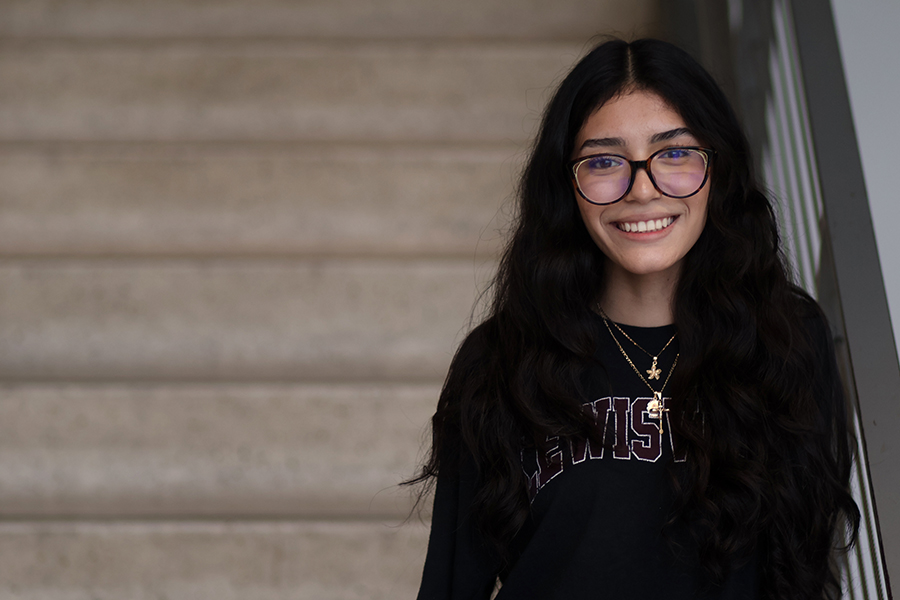

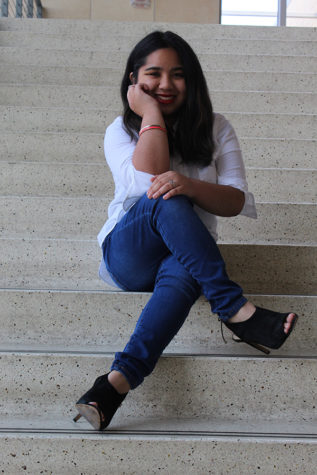
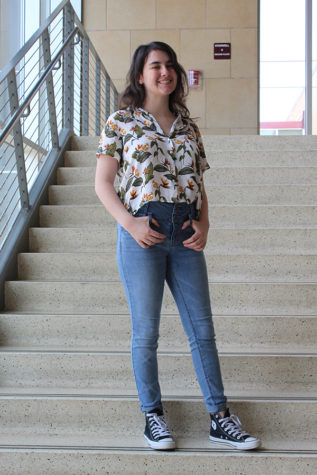
Susan Rodder • Sep 19, 2019 at 8:35 AM
It’s not easy having to manage diabetes, especially at such a young age. Your realization is spot on . . . it does not define who you are!
Ernie • Sep 13, 2019 at 3:16 PM
There’s no eloquence to compare when the heart speaks. Good job! Love you!!